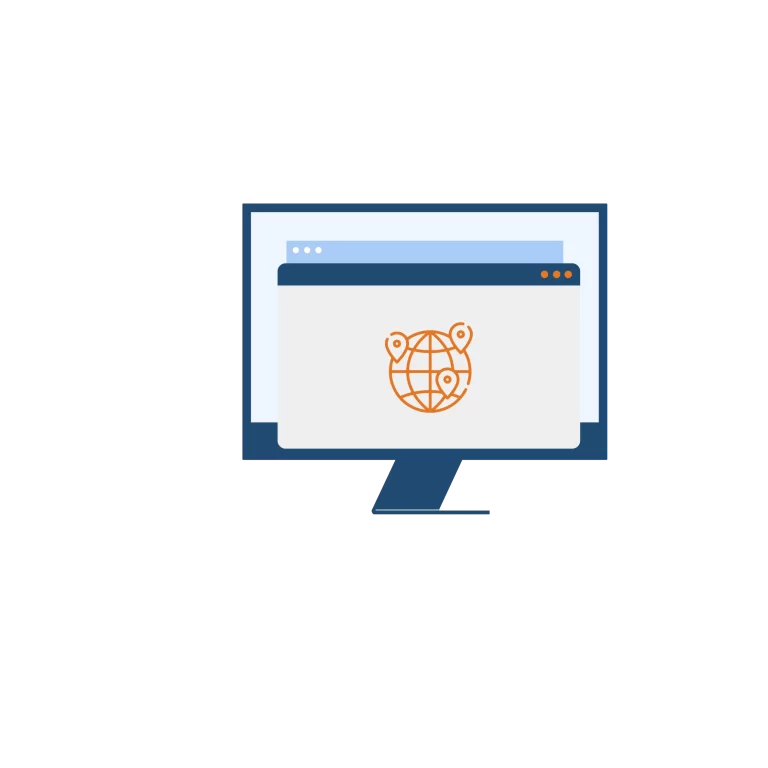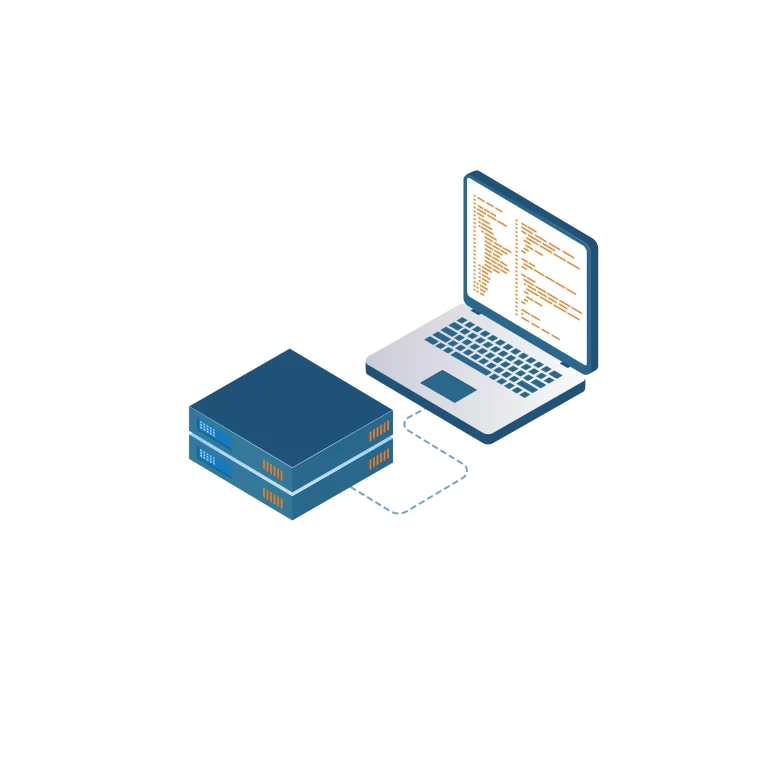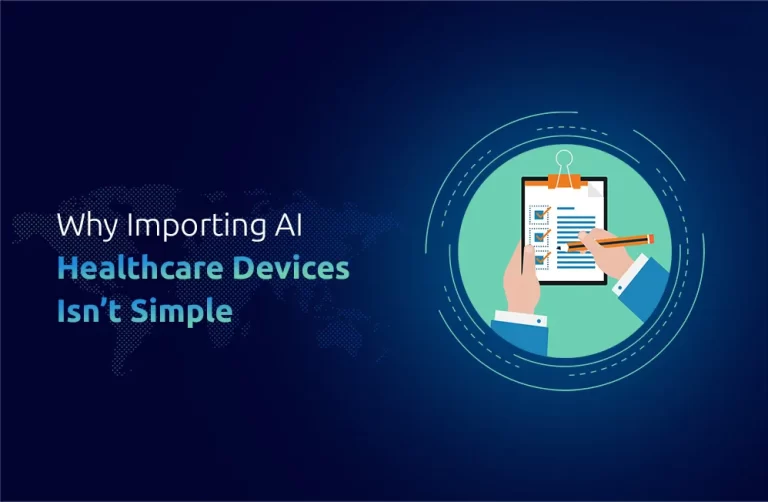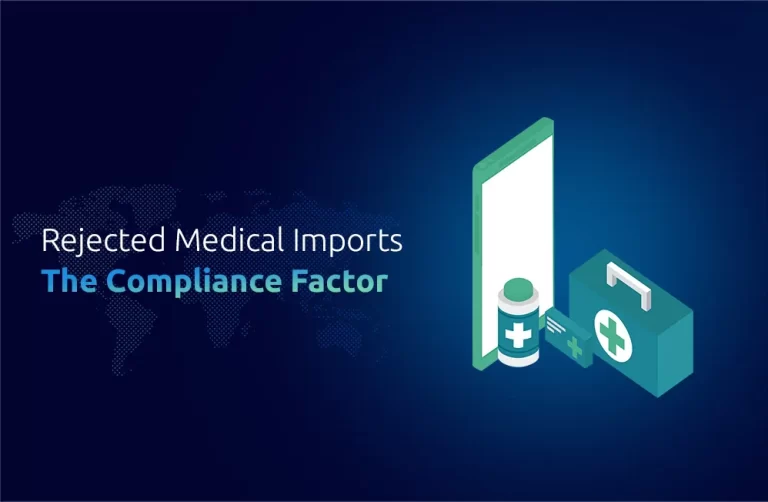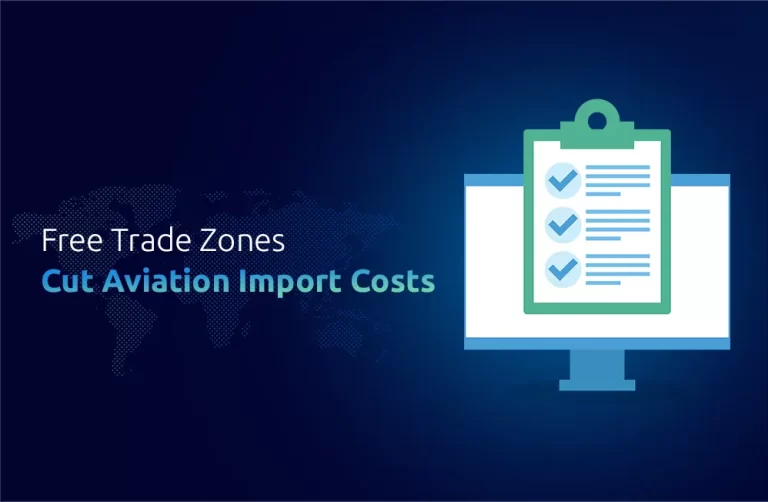What Does Delivered Duty Paid (DDP) Mean for an Exporter?
DDP indicates that the seller is supposed to bear all the risk and transportation costs. The seller must also clear the goods for export at the shipping port and import at the destination. Moreover, the seller must pay export and import duties for goods shipped under DDP.
How Delivery Duty Paid Works?
Delivery Duty Paid is an agreement between seller & buyer in which the former assumes all shipping, import duties, taxes, and fees as part of their duties. The seller then prepares their goods for shipping by properly packaging and processing export documentation such as invoices and customs declarations.
DDP stands for Delivery Duty Paid & is an agreement between seller & buyer in which the former assumes all shipping, import duties, taxes, and fees as part of their duties. The seller then prepares their goods for shipping by properly packaging and processing export documentation such as invoices and customs declarations.
Once transportation arrangements have been finalized, whether by sea, air, or land; the seller handles customs clearance at Brunei airport to cover any import duties or taxes applicable to their shipment. After customs clearance has been accomplished, goods are shipped directly to their specified addresses. All logistics, customs clearance, and payment obligations are handled by the seller, leaving only their use of equipment as the focus for buyers.
Brunei’s Booming Economy Reveals the Advantages of DDP Services
As Brunei’s economy expands, industries like aviation, healthcare, and IT are experiencing increased demands for specialized equipment, making delivery duty-paid services (DDP) essential solutions for businesses operating within these sectors. DDP services make international shipping simpler by managing logistics, customs duties, and duties to help businesses maintain efficient supply chains. DDP provides timely equipment delivery in industries like aviation and healthcare, where timely equipment delivery is crucial, helping reduce delays or disruptions that may otherwise arise from delays and shipping issues. DDP services allow businesses to avoid unexpected costs and operational disruptions by managing import duties and taxes in advance, thus improving supply chain reliability while increasing customer satisfaction with seamless and transparent import processes that ensure timely deliveries with predictable costs.
DDP Services in Brunei: Key Data and Insights
DDP (Delivery Duty Paid) services in Brunei have proven invaluable for businesses operating within industries like aviation equipment, healthcare, and IT/data centers. Brunei’s economy continues to flourish, fuelled in part by an increase in demand for high-value equipment importation. DDP services facilitate this process – imports in Brunei’s healthcare sector increased 12% year over year; aviation equipment saw growth of 9%; IT/data center components surged 14%.
DDP services simplify the importation process by managing all aspects of shipping, such as payment of import duties & taxes, and customs clearance operations by Bruneian import regulations. Businesses in Brunei may experience up to a 25% decrease in customs clearance time and 20% less unexpected shipping costs when using DDP services. Bandar Seri Begawan, where approximately 60% of Brunei’s imports are processed, is increasingly turning to DDP to handle high-value imports.
Brunei’s membership in ASEAN and its East ASEAN Growth Area (BIMP-EAGA) has resulted in preferential trade terms, further improving DDP services for companies. DDP services allow cost transparency, timely delivery, and more predictable supply chains to assist in the ease of import of critical equipment into rapidly-evolved economies and maintain business continuity in an ever-growing economy.
Conclusion
As Brunei’s economy diversifies & evolves, industries such as aviation, healthcare, & IT increasingly rely on efficient international trade operations to meet their business requirements. Delivery Duty Paid services provide an effective solution by taking over all aspects of the shipping process, including customs duties, taxes, and logistics management – streamlining operations while improving cost predictability and mitigating risks associated with importation.
Did You Know that,
Brunei’s importation of machinery and specialized equipment has seen significant annual growth of 9 % annually over recent years, particularly within sectors like aviation and healthcare?

